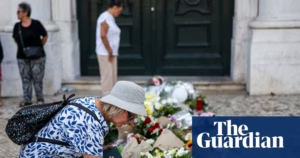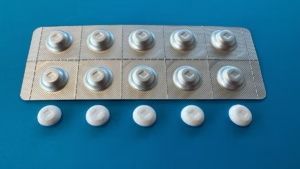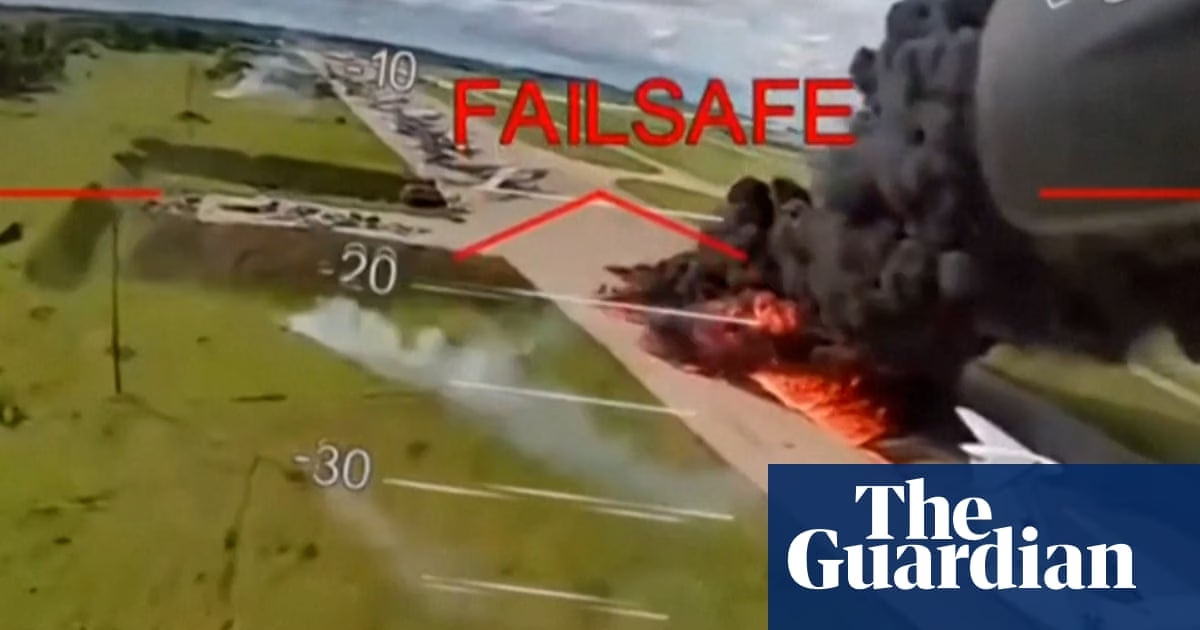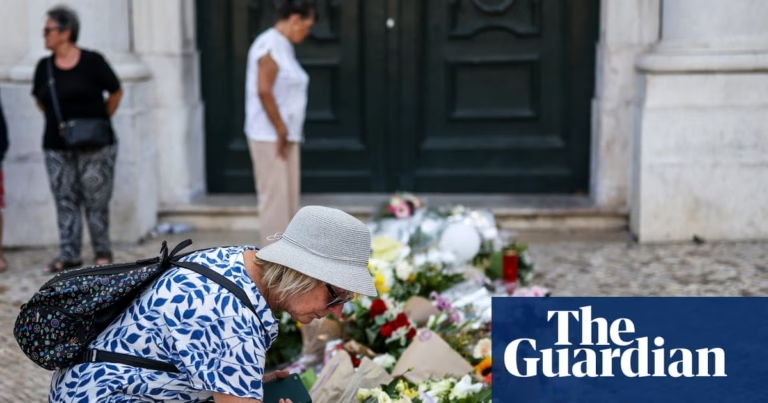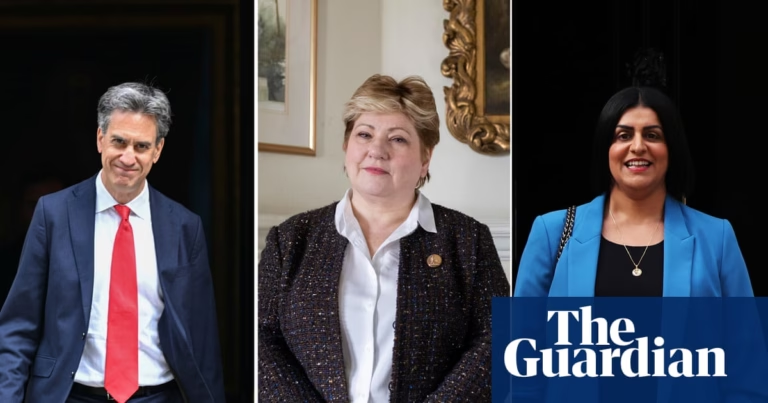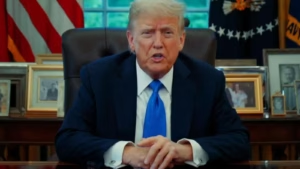Vladimir Putin has vowed to retaliate against Ukraine for last weekend’s unprecedented drone attack. Meanwhile, Kremlin advisers and figures close to Donald Trump have informed the US president of a growing risk of nuclear confrontation to persuade him to reduce US support for Ukraine.
Kirill Dmitriev, the head of Russia’s sovereign wealth fund and an important intermediary between the Kremlin and Trump’s envoy Steve Witkoff, labeled the Ukrainian drone strike an attack on “Russian nuclear assets” and mirrored remarks from MAGA-friendly figures warning of a potential third world war.
Dmitriev stressed the urgency of clear communication “to grasp reality and the rising risks before it’s too late,” adding a dove emoji.
Ukraine claimed the strike damaged over 40 Russian planes, including Tu-95 and Tu-22M heavy bombers capable of launching cruise missiles at Ukrainian cities, resulting in thousands of deaths and substantial infrastructure damage.
However, these planes can also carry weapons armed with nuclear warheads, forming part of Russia’s nuclear triad that includes submarine and silo-based missiles, serving as a deterrent system between Russia and the United States.
Following a phone call between Putin and Trump, Trump stated, “President Putin did say, and very strongly, that he will have to respond to the recent attack on the airfields.”
Ukraine relinquished its nuclear weapons in 1994 in exchange for security assurances from the US, the UK, and Russia.
Those expressing doubts about US support for Ukraine are flagging the risks of nuclear confrontation to argue that the conflict could spiral out of control.
MAGA influencers, such as Steve Bannon and Charlie Kirk, have openly condemned the drone attack, with Bannon drawing parallels to Japan’s attack on Pearl Harbor and Kirk stating that the threat of nuclear war is the highest since 2022.
However, more centrist advisers within the Trump camp, including some with stronger ties to Ukraine, are also cautioning about growing risks of nuclear conflict while attempting to keep Trump invested in pursuing peace.
Keith Kellogg, Trump’s envoy for Ukraine and Russia, told Fox News, “The risk levels are going way up. When you attack a part of an opponent’s nuclear triad, your risk level increases because you don’t know how the other side will react. And that’s what they did.”
Kellogg also reiterated rumors that Ukraine had struck the Russian nuclear fleet at Severomorsk, though this has not been confirmed. He mentioned that the US is “trying to avoid” an escalation.
Other current and former administration members skeptical of US support for Ukraine have also opposed the drone strikes.
Dan Caldwell, a senior aide at the Pentagon until a purge last month, argued that it is not in America’s interest for Ukraine to attack Russia’s strategic nuclear forces before peace talks. He added that the potential for escalation is high and risks direct confrontation between Russia and NATO.
This is not the first instance where concerns about Russia’s nuclear threats have been invoked to temper US support for Ukraine.
As Russian forces retreated near Kharkiv and at Kherson in September 2022, Russian officials signaled that Moscow was considering employing battlefield nuclear weapons, according to senior Biden officials.
National security officials believed that if Russian lines collapsed, leaving open the possibility of a Ukrainian attack on Crimea, there was a 50% chance of Russia utilizing a nuclear weapon.
Ukrainian officials have dismissed these nuclear threats as Russian exaggerations aimed at blackmailing the US into withholding greater support for Ukraine.
Source: https://www.theguardian.com/world/2025/jun/04/ukraine-russia-nuclear-war-fears
